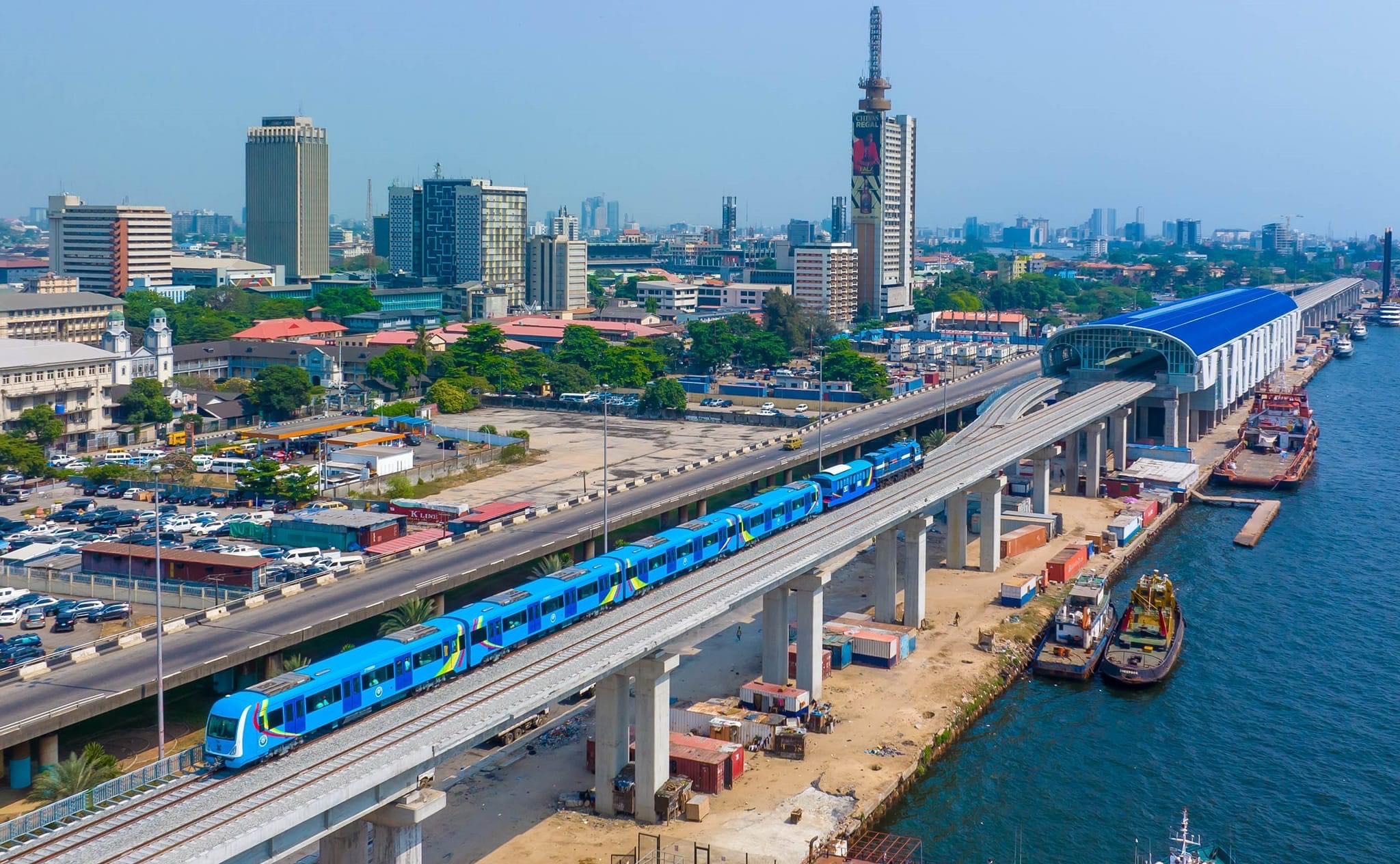

Here, Bird story agency explores the outstanding ones, including both operational and upcoming projects, highlighting their top speeds and ability to transform transportation on the continent.
1. Nigeria’s Red Line Metro from Agabado to Oyingbo in Lagos State, 330km/h
Nigerian president Bola Tinubu inaugurated the 37km Red Line rail system in Lagos on February 29 last year. When fully operational, the train is expected to run 37 trips daily, carrying about 500,000 passengers.
2. Morocco’s Al Boraq from Casablanca to Tangier, 320km/h
The $2bn project has significantly reduced travel time between Casablanca and Rabat from nearly five hours to just over two hours, with trains reaching a peak speed of 357 km/h during testing.
3. Egypt’s high-speed rail network linking the Mediterranean and Red Sea coasts, 250 km/h
The new rail line, spanning 1800 km, will accommodate trains travelling at speeds up to 250 km/hr, replacing the existing Cairo metro trains that operate at 100km/hr. It’s designed to carry more than 30 million passengers annually in addition to the freight line.
4. South Africa’s Gautrain speed rail system, linking Johannesburg, Pretoria, Ekurhuleni and OR Tambo International Airport, 160km/h
The Gautrain began as an 80km high-speed express commuter rail system in Gauteng, South Africa. Its first operation was on 8 June 2010 between Sandton and O. R. Tambo International Airport, just in time for the 2010 FIFA World Cup.
5. Algeria’s El Ksar-Hai Nasr Light Rail Line, 160km/h
The Coradia Polyvalent trains in Algeria, unveiled in March 2018, feature both diesel and electric 25 kV capacities, making them mainline dual-mode trains. According to Global Railway Review, the 110m-long trains can accommodate 254 passengers, with 60 seats designated for first class.
6. Senegal’s Regional Express Train (RET), 160 km/h
The RET features state-of-the-art ‘dual-mode’ technology, utilising both electrical and thermal energy. This approach allows the trains to reach high speeds. The first phase, connecting Dakar to Diamniadio over 36km, was inaugurated on December 27, 2021.
7. Ethiopia -Djibouti-Addis-Ababa-Djibouti Railway, 160km/hour
The Addis Ababa–Djibouti Railway is a standard gauge international railway that serves as the backbone of the new Ethiopian National Railway Network. It was inaugurated on January 1, 2018, by then Prime Minister Hailemariam Desalegn. It provides landlocked Ethiopia with access to the sea, facilitating trade. Passenger trains on this line can reach speeds of 160 km/h, while cargo trains operate at 120 km/h.
8. Tanzania’s Standard Gauge Railway Bullet Train, 160km/h
Tanzania has recently made significant strides in its railway modernisation efforts by acquiring two new electric multiple-unit (EMU) trains from South Korea. These state-of-the-art trains, each boasting eight carriages, will operate on the brand-new route connecting Dar es Salaam and Dodoma.
The service began on July 25 last year, marking a significant upgrade for the SGR network. Two new electric trains joined the sole electric train, bringing the total to three trains according to The Citizen, a local paper. It is expected to be the fastest train in East Africa, at a cost of some $2.2 billion.
9. Tunisia’s Tunis Station to Bougatfa Station Rapid Rail Line, 120km/hour
Tunis Rapid Rail Network Line E is Tunisia’s first new electrified suburban railway. It was officially inaugurated in March 2023, connecting the main Tunis station (located in the city centre’s Place de Barcelone) to the suburban Bougatfa station. The line spans 6.3 km and serves the southwestern districts of the capital. Trains on Line E operate with a capacity of 2,408 passengers per train and a frequency of one train every seven minutes.
10. Kenya-Mombasa-Nairobi Standard Gauge Railway (SGR), 120km/h
The Madaraka Express operates from Nairobi to Mombasa, achieving a top speed of 120 km/hr. It offers two classes: first class and economy class. Ticket prices have increased, with first-class tickets rising from Sh3,000 to Sh4,500 and economy class tickets from Sh1,000 to Sh1,500. The Exim Bank of China funded most of the $3.2 billion (Sh412 billion) for the SGR project, according to The East African.












